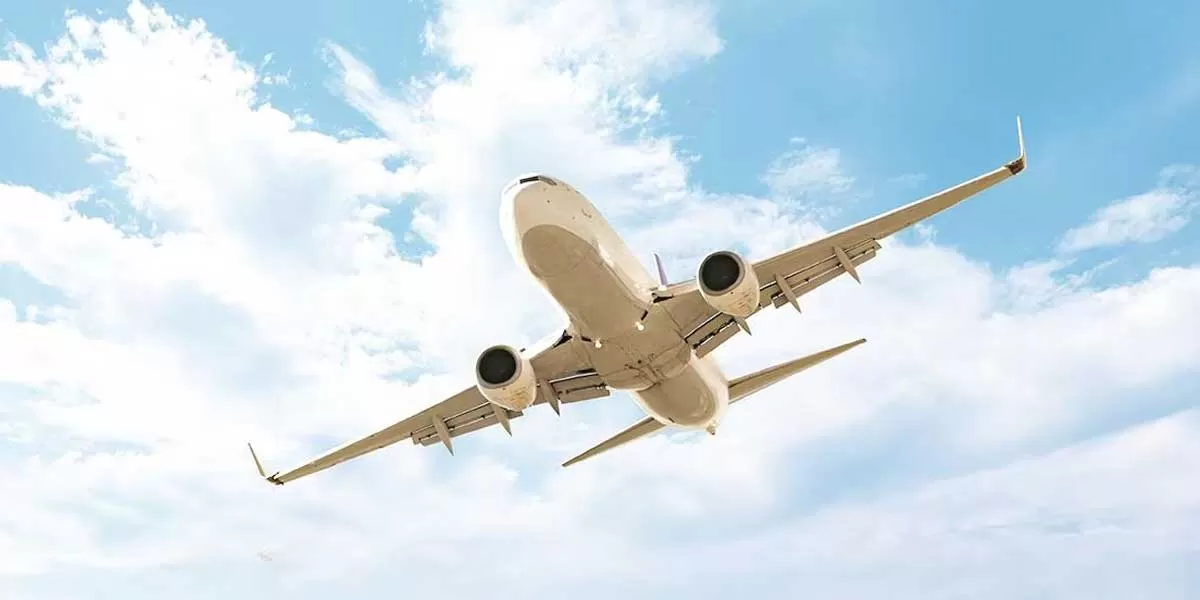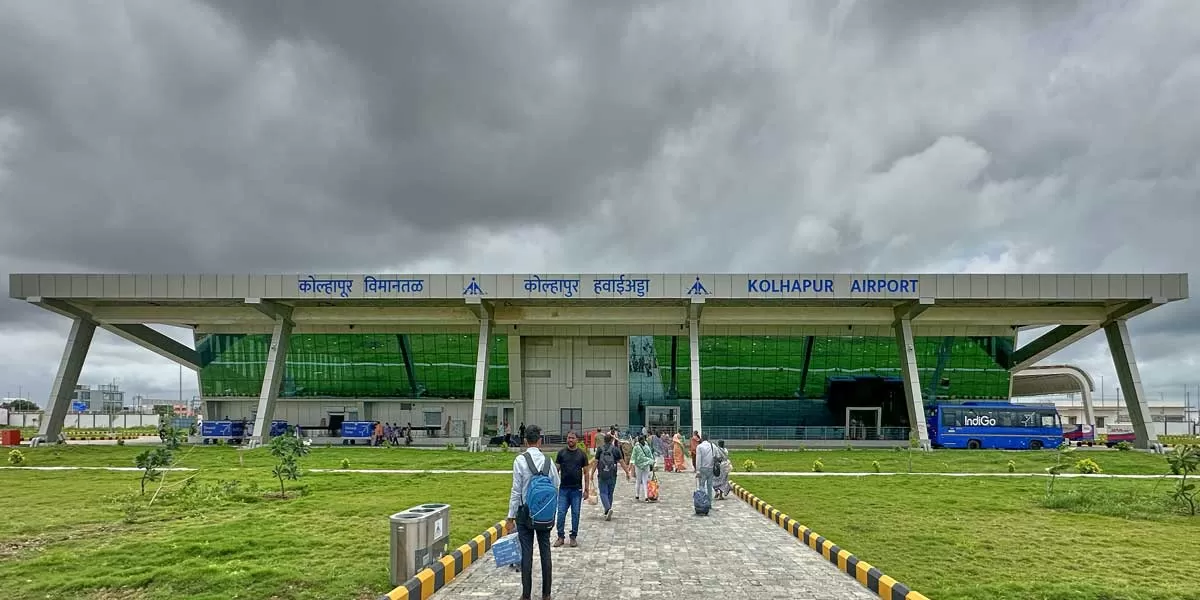
IATA says India has huge potential for SAF production

We are executing data-centre projects in MMR region: Paradigm Realty
Certain areas of Mumbai showcase tremendous opportunity for redevelopment, as Parthh K Mehta, CMD, , explains. He speaks about his company’s plans for this region, adherence to quality, use of technology and its strategies and plans for data centres and further expansion going forward. Excerpts:According to a Knight Frank India report, there's been a noteworthy rise in property registrations in Central and South Mumbai and Bandra and Worli showcase the opportunity for redevelopment. Does the group have any plans for this region? We recognise that Mumbai as a city is continuall..

Windows to world
India’s current crop of tall and super tall buildings has an advantage over predecessors: openable windows. Codal provisions and ensuing market developments are behind this change. “Until a decade or so ago, we lacked designs and products enabling openable windows for glass façades,” explains Rajan Govind, Director, Facade+Construction Tech Specialist, BES Consultants. “It is only more recently that the National Building Code 2016 has released detailed façade requirements, which make openable windows mandatory.”The National Building Code 2016 mandates 10 per cent openable..

New Terminal Building – Kolhapur Airport
On 10 March 2024, Prime Minister Narendra Modi officially inaugurated the new terminal building at Kolhapur Airport. The terminal is part of a broader development initiative valued at about Rs 2.56 billion, which includes the construction of the terminal, runway extensions, new apron and parking bays. Designed by Gian P Mathur Architects & Planners (GPM), the terminal's architecture draws inspiration from Kolhapur’s heritage and has earned a four-star GRIHA rating.Design and featuresDiscussing the design brief, Anil Shinde, Kolhapur Airport Director, Airports Authority of India (AAI), sa..













